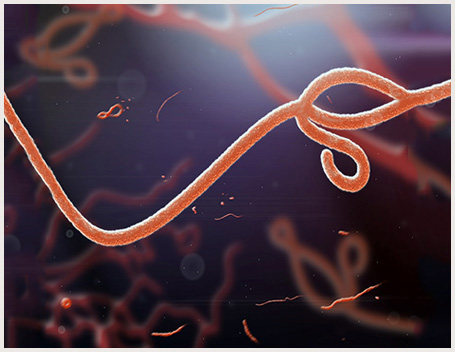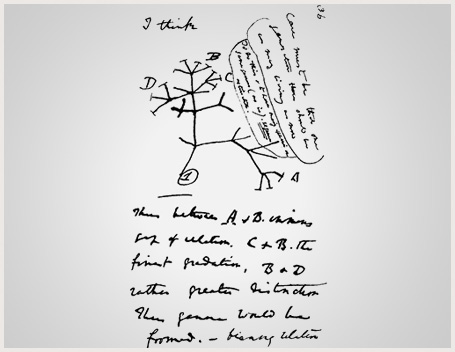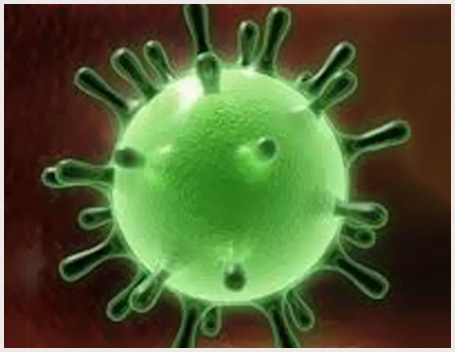
I had recently been asked to comment on a dialogue between two evolutionary biologists as they debated the role of natural selection in evolution. Both assumed that that there was no valid alternative. Neither seemed to grasp that there are actually are two differing conditions in which its influence might be fully evaluated. Any assessment of the importance of natural selection must take into account both of these separable components. What Has Been Believed About Evolution Until Now? Several generations of scientists have believed that Natural Selection can be fairly well summarized as a narrative of “survival of the fittest“. In modern terms, different variations of organisms arise through tiny random genetic mutations. Necessarily, the process is very gradual, its effects are cumulative…Read More

Are You Smarter Than a Reptile? William B. Miller, Jr. M.D. Are you smarter than a reptile? In many respects, you certainly are. After all, no reptile is going to read this article. However, our clearly superior intellectual abilities for certain skills has seduced us towards a dismissive attitude towards the surprisingly deep and broad range of analytical gifts of our companion creatures. A growing body of research now indicates that other animals of all sizes and varieties are highly intelligent problem solvers within their own realms. After all, their cognitive skills have enabled them to successfully survive for eons and that may not necessarily prove to be true of we humans. Consider termites. They are strikingly social animals and have…Read More

Our traditional view of viruses has been narrowly perceived to that their sole role is as organic aggressors. Certainly, their visible effect upon our human history, at least until now, has only been understood as the source of myriad scourges throughout human history. Viral epidemics have accounted for an enormous number of deaths including measles, smallpox, chickenpox, influenza, dengue, and, more recently, AIDS and Ebola. However, recent studies have expanded our understanding of other consequential effects that viruses have on us as humans. Previous studies have emphasized the importance of bacteria to our metabolism, immune system and overall health. This bacterial cooperation between our general cellular selves and our microbial partners has been termed our microbiome. Now, there is emerging…Read More

The outbreak of Ebola will not be the last global epidemic. I recently was interviewed by Jeanine Prezioso of Reuters concerning this subject. The original article appeared here — http://blogs.reuters.com/global-markets-forum/2014/10/23/ebola-will-not-be-the-last-global-epidemic-time-to-hit-the-reset-button-on-how-we-treat-it-physician/. —- Ebola will not be the last global epidemic. It is, however, the first to spread as we hop on planes, rely on oil and chocolate from far flung locales and blindly lean on modern medicine’s ability to control and kill the very pathogens that live among us. Now is the time to hit the reset button on our approach to viral outbreaks. While it’s taken health agencies, drug makers and the public-at-large time to wake up to the current spread of the deadly virus in Africa, there’s no time…Read More

What produces biological complexity, novelty or impels the origin of species? When examined through all available contemporary evidence, the expression of novel phenotype and metabolic function emerges from processes other than natural selection and fitness as they have been traditionally assessed. To best understand this issue, it is useful to closely consider a facet that is often overlooked in general discussions of evolutionary development. The case for natural selection dominating in evolutionary development can only be sustained if it is concomitantly presumed that variation is only random. In the circumstance in which organic variation is simply random, then abundant changes to a reproductive entity can be consistent with a path that builds alternative organic outcomes. Yet, even in this particular…Read More

Darwinism has always been bedeviled by same sex attraction. Evidence indicates that this trait is genetically rooted. Yet, if same sex attraction remains eternally common, how can it still resist being expunged by natural selection? Few traits can be regarded as more likely to govern reproductive frequency than same sex attraction. However, it is certainly known that this trait is widely distributed in the animal kingdom exhibited by mammals, fish, lizards, birds and insects. For humans, Richard Dawkins struggles to make sense of this within Darwinism. He offers three potential answers. The ‘gay uncle’ theory He proposes that a homosexual male in a hunter-gather society would be preferentially entrusted to watch over the children of non-homosexual men. That individual would then have protected…Read More

The agitating Ebola outbreak has captured headlines. There are some who undoubtedly assume that this kind of epidemic is unusual. However, epidemic disease has always been a part of our biological system. Pandemics or the form of infectious disease that can spread across a continent or even the entire world are ancient processes too. As the Ebola outbreak demonstrates, we humans have an extensive acquaintance with global epidemics and pandemics. Many of these infectious diseases occurred long before the modern era with its current ease of global travel or any concerns about a changing climate. Our written record of epidemics can be traced as far back as the Ten Plagues of Egypt which devastated livestock and humans. This experience is chronicled in Exodus 9:9, “…Read More

I was young once. Now, I am a boomer. When I was growing up, I never knew any child with a food allergy. Allergies of any kind seemed rare. Yet now, allergic concerns are frequently encountered? Just a few weeks ago, I was on a flight from Phoenix to Philadelphia. Shortly after the flight began, the flight attendant announced that no nut snacks would be passed out with in-flight drink service since there was a passenger on the plane with a peanut allergy. After I got over my shock that there might have been any snack at all, I reflected with surprise on the notion that the allergy of this person was so severe that any peanuts anywhere in the…Read More

Viral genomics is the study of the full composition of viral genetic source material in the environment. Studies utilizing new technologies are identifying an enormous range of viral diversity that is typically invisible to standard studies. The hologenomic participants in an ecology cannot be fully understood unless these entities are identified. The metagenomic approach has improved our understanding of viral epidemiology, the impact of viruses on our evolutionary transit and has impacted and accelerated the discovery of previously unsuspected viral participants. Part of the difficulty in identifying viral strains is that many viruses are difficult to amplify in cell cultures. However, there are now numerous molecular techniques to genetically characterize and identify new viruses without the limitations of prior techniques requiring targeted reagents.…Read More

It is now well established that same sex attraction is not volitional. In The Microcosm Within, the incompatibility of any adequate theory for the persistence of homosexuality within the standard Darwinian construct of natural selection is fully discussed. The evidence points to same sex attraction as a genetic event representing the conservation of an original cellular capacity for self-reproduction brought forward over time as a conserved core process and expressed throughout the animal kingdom as same sex attraction.x More recently, there has been consideration that same sex attraction might be under epigenetic influences. A relationship between epigenetics and homosexuality have been cued from a 2012 study that proposed an experimental model in which epigenetic markers relate to same sex orientation. This…Read More

